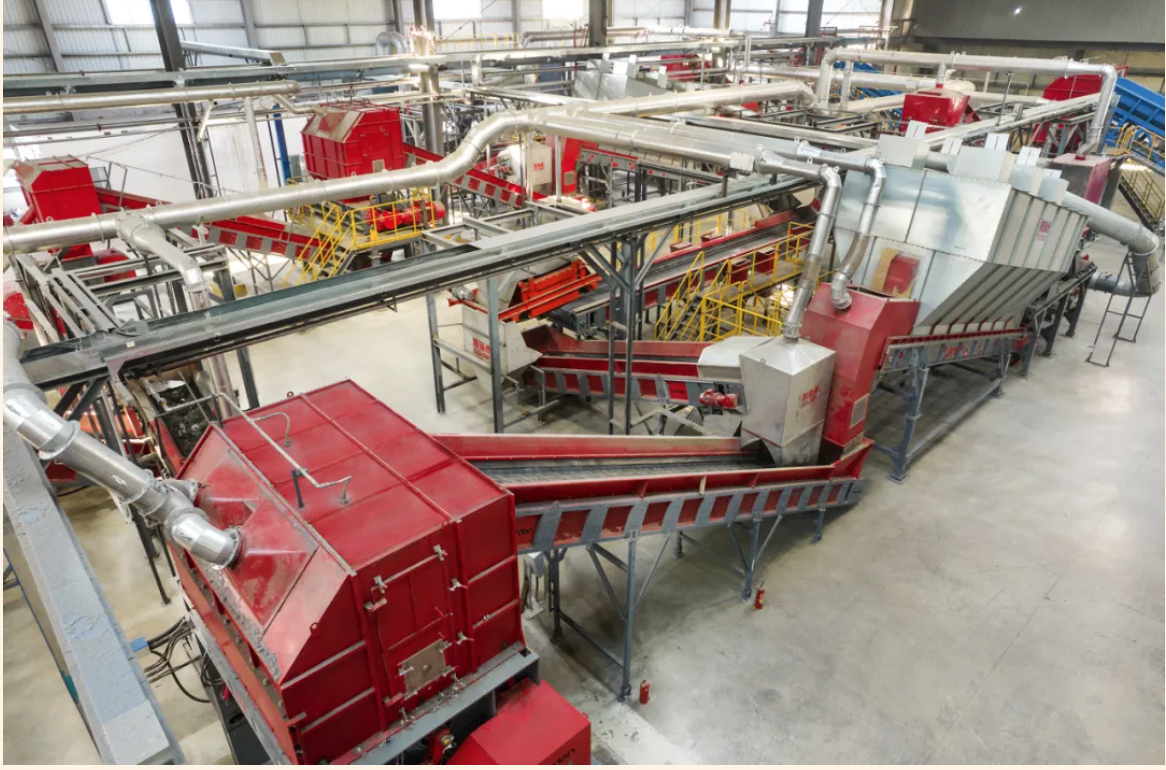Thermochemical Transformation of Municipal Solid Wastes

Thermochemical Transformation of Municipal Solid Wastes
The growing global population, rapid economic development, and increasing globalization have led to a significant rise in municipal solid waste (MSW). Current statistics show an average per capita waste generation of about 0.74 kg per day, with projections indicating that global annual MSW production could reach 3.4 billion tons by 2050, resulting in 2.6 billion tons of carbon dioxide equivalent greenhouse gas (GHG) emissions. This rapid increase complicates waste management systems and poses challenges for sustainable development.
Current Challenges in Solid Waste Management
MSW is generated daily by households, pharmacies, educational institutions, and businesses, making effective waste management essential. Current practices mainly involve incineration, landfilling, composting, recycling, and open dumping, each contributing to soil, air, and water pollution and threatening community health. Open dumping remains a common method, accounting for 38.16% of global waste disposal, while incineration is prevalent in East Asia and the Pacific, and landfilling dominates in North America and Latin America.

The Promise of Circular Economy and Thermal Chemical Conversion
Amid these challenges, waste management based on circular economy principles is gaining traction. Converting MSW into energy through thermal chemical methods, such as gasification, offers a promising solution that enhances resource efficiency while minimizing environmental impact.
Harden Machinery: A Leader in Alternative Fuels
Harden leverages its extensive experience in solid waste management to develop innovate alternative fuel solutions. Its waste treatment philosophy emphasizes finer shredding, faster sorting, and more precise selection.
Through modular, integrated, and automated equipment, Harden has developed an efficient and environmentally friendly DWS alternative fuel production system. This system effectively processes various types of municipal solid waste, meeting kiln fuel specifications, thereby promoting high-efficiency waste treatment.

Core Advantages of the DWS System
Harden's DWS system enhances solid waste processing through fine shredding, intelligent air classification, and powerful magnetic separation. It significantly reduces harmful components in Refuse-Derived Fuel (RDF), improves combustion efficiency in industrial kilns, minimizes thermal losses, and stabilizes kiln operation.
To date, Harden has successfully implemented over 200 DWS projects across multiple sectors, including cement, power generation, papermaking, and solid waste management, demonstrating the significant contributions and wide applicability of this system in the alternative fuel sector.

